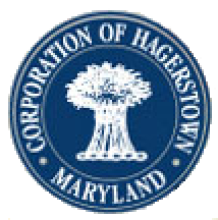Hagerstown, Maryland Issues RFI for Gigabit Network
Hagerstown, population 40,000, recently released a Request for Information to field ideas to develop existing infrastructure for residents and local businesses.
According to the press release:
"The interest in our City and the potential shown for our market from industry professionals working with municipal broadband initiatives has been very promising. We look forward to moving ahead in collaboration with private partners to bring affordable technology to Hagerstown," says Mayor Dave Gysberts.
The RFI identifies five goals:
Goal 1: Create a 1 GB and/or greater fiber network in a targeted commercial corridor known as “City Center Hagerstown” to foster innovation, drive job creation, and stimulate economic growth
Goal 2: Establish free wireless networks in parks and public spaces across the City, with primary focus on the following areas: City Park, Pangborn Park, Hellane Park, Wheaton Park, and Fairgrounds Park.
Goal 3: Evaluate the opportunity to expand wired/wireless services to areas beyond our City Center urban core to include underserviced residential areas, business parks, and/or target commercial areas.
Goal 4: Provide connectivity opportunities from the proposed fiber paths for the existing City Police camera surveillance system including expansion into other developing areas of the City.
Goal 5: Establish a presence within the community in the form of co‐location facility and/or business branch office space in which to conduct business.
According to the RFI, the city is seeking entities that will finance the majority of the network themselves or identify sources of funding. View the full RFI on the city website.


